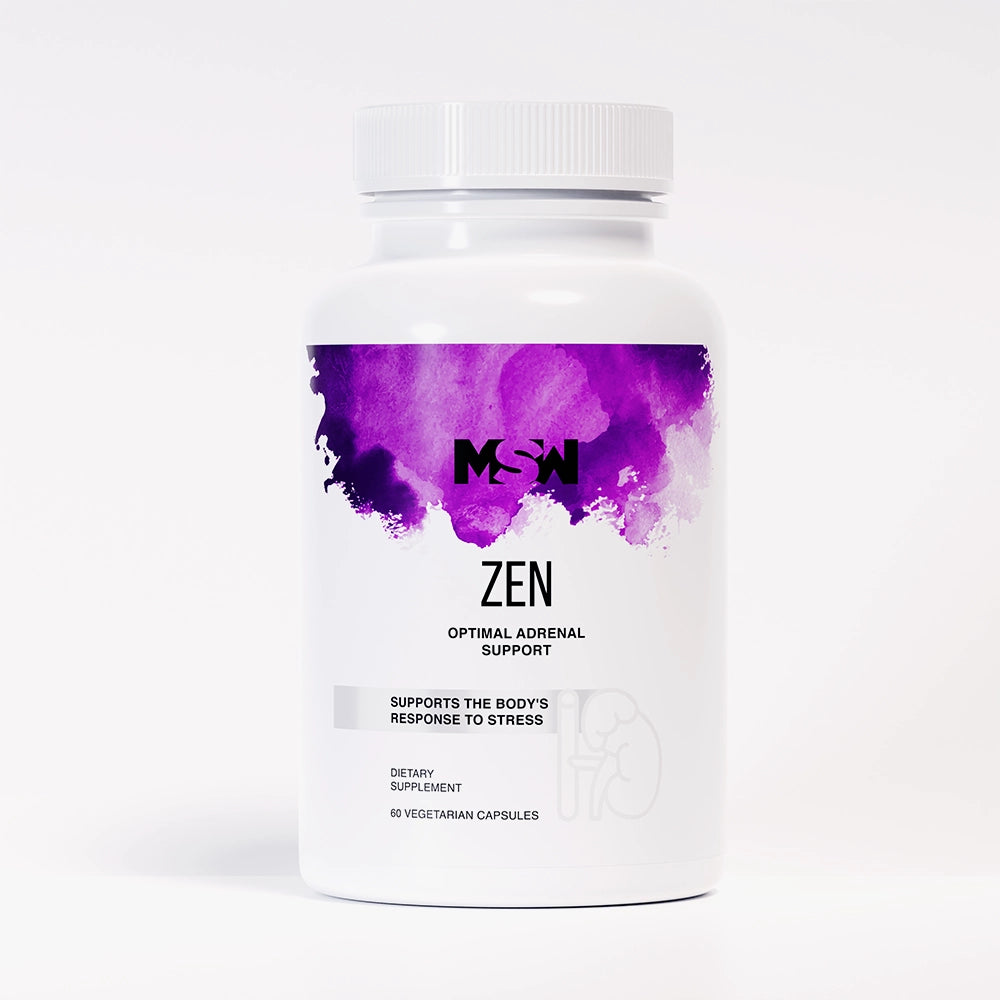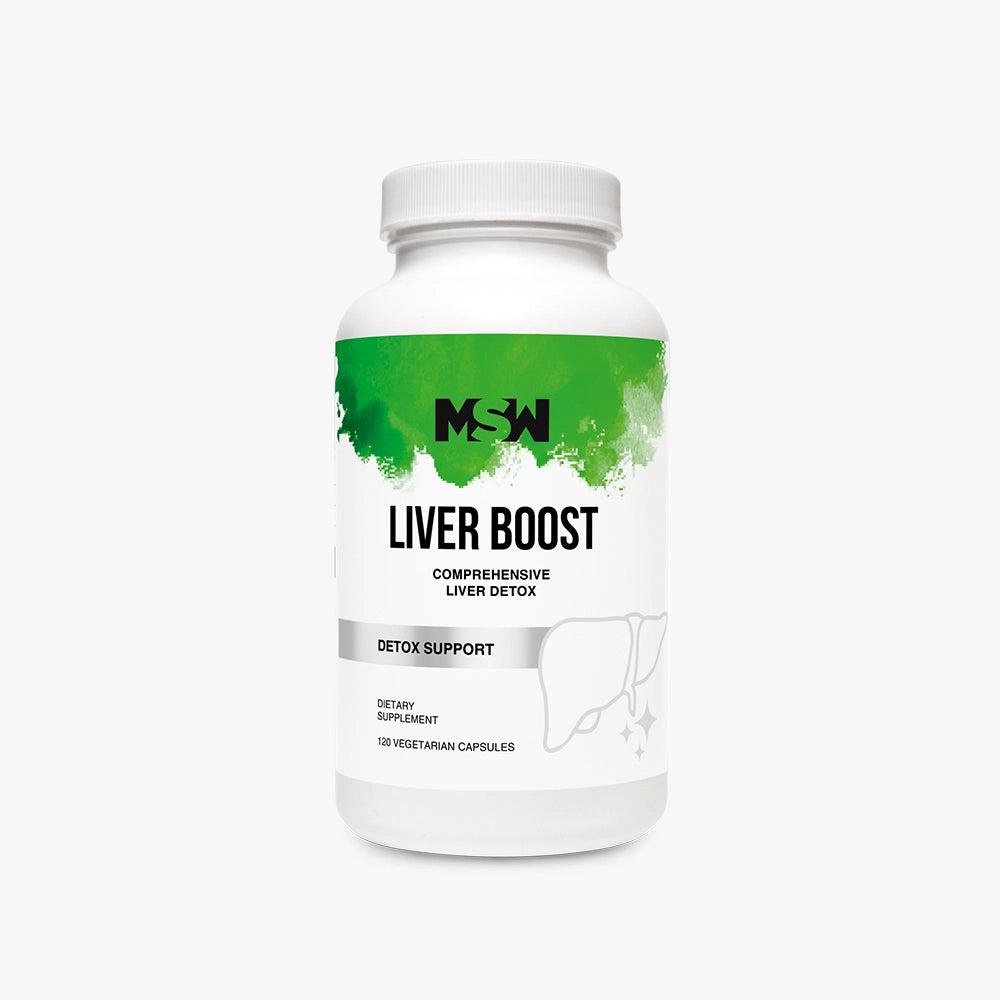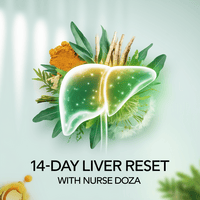Hello, wonderful community! I am so thankful every time I get the opportunity to write this newsletter because it answers your questions from all our online videos. We take actual questions from our TikTok, Instagram, Facebook, and even our YouTube pages and answer them in detail here!
Before we dive in, I want to share something exciting: we’re opening a brand-new program this fall — The Holistic Practitioner Course. This course is designed for nurses, practitioners, coaches, and anyone ready to step outside the limitations of the traditional medical model and learn how to help people with weight loss, hormones, energy, digestion, and more — all through labs, nutrition, and supplements.
If you’ve ever wanted to expand your practice, learn natural therapies, and join a community of like-minded health leaders, this is your chance. If you want to learn more, early access is now open, and I urge you to sign up so you’ll be the first to know when enrollment begins.
Here’s what we’re covering in this week’s questions:
Thank you for being here. Now on to the questions!
Learn how to help with weight loss, hormones, energy, digestion, and more — using labs, nutrition, and supplements. Enrollment opens this fall, and early access is now available.
Be the first to know when we launch.
Q: Hi Nurse Doza. I wanted to say thank you for your video on fibromyalgia. I was recently diagnosed, and you mentioned there’s a connection to past trauma. I’ve had so much trauma since my childhood, and I never knew this could be why I’ve been feeling the way I have lately. The doctors don’t have answers, and what you described is exactly what is going on with me. What do I need to do? Thank you for your videos!
A: Nurse Doza: Fibromyalgia is chronic inflammation of the nervous system. It develops over the years and causes debilitating fatigue, pain, inflammation, and low mood. It’s hard to diagnose with labs, and the way it’s diagnosed is with either a simple questionnaire or if the person has painful trigger points all over the body when touched. The symptoms can become worse with stress. ANY type of stress.
Stress, including past trauma, causes your body to go into “flight or fight” mode. This is where the nervous system goes into sympathetic mode, and the entire body, including organs, hormones, and neurotransmitters, becomes overactive, leading to a person living with high levels of cortisol (the main stress hormone) and adrenaline (epinephrine). Over time, and with added stress (work, family, money, food, alcohol, infections, etc.), a person will stay “stuck” in “flight or fight” mode. It’s like the body is thinking it’s always “under attack”. How do doctors measure stress in a person? Medications. But with fibromyalgia, you have to go to the root cause of the problem to really make a difference. It starts with supporting the adrenal glands.
Those stress hormones, cortisol and adrenaline, are great at first, but over time, they work against the body. These hormones come from the adrenal glands and are produced and released anytime there is stress. Imagine your body “running” your whole life on cortisol and adrenaline energy, and one can see how this leads to “burnout” syndrome. Fibromyalgia is really a burnt out nervous system where the person is “white knuckling” it everyday. You can see this is a person’s resting heart rate and heart rate variability, which are both measurements of your body’s response to stress. Fibromyalgia is reflected with a higher resting heart rate (90->100 beats per minute) and a very low HRV (<30). Those numbers reflect overused/overactive adrenal glands, which can also be measured with the lab test: DHEA-s. DHEA-s is the overall function of the adrenal glands, and fibromyalgia usually has a low DHEA-s (<100).
The goal in fibromyalgia is to support the adrenals glands and get the nervous system out of “flight or fight” mode into “rest and digest” mode, known as the parasympathetic response in the nervous system.
Ways to support the “rest and digest” mode and start winning the battle against fibromyalgia:
Learn to belly breathe. It activates the diaphragm, which can activate “rest and digest” mode, shifting from “fight or flight”. Belly breathing is a must, and it needs to be done every day as much as possible. This is the ultimate “chill pill,” and you can feel calm and relaxed immediately. Make it a point to do this. Make this a nonnegotiable. (At home: use only your nose to inhale and exhale into and from your belly. The goal is to breathe into your belly, not your chest. Do this: inhale 4 seconds, hold 4 seconds, exhale 4 seconds. Repeat 4 times or as much as you need.
Start yoga. It’s not an exercise but a practice of self-discipline, balance, and breathwork. It will save your sanity (it did for me!) and it can relax your soul, something most other forms of movement don’t get close to.
Find a hobby or something besides food, work, family, or your spouse to make you happy.
Take adrenal support supplements. They can recharge your adrenal glands, and ones like our ZEN have bovine adrenal gland, which is like taking hormone replacement for your adrenal glands (btw, hormone replacement therapy rarely, if ever, gives you something to support your adrenal glands).
Take vitamin D3. Vitamin D levels are your immune system, and a low Vitamin D (<35) can lead to an autoimmune disorder or make the one you already have worse. The last thing you want in fibromyalgia is to have autoimmune flare-ups.
Be prepared to address your past trauma. There are safe ways to do so. Do this when you are ready, but this step might finally set you free.
Follow these steps and repeat daily. It can help. Don’t give up, and if you need more help: nursedoza.com/consults. You are not broken!
Extra credit: watch our “fibromyalgia” podcast
Have You Been Thinking About a Consult With Nurse Doza?
Private consults with me start at $399, but inside the School of Doza, you can join me live every Wednesday for Ask Me Anything — included with your membership. Get your questions answered, learn from others, and connect with a community on the same path.
Try it out risk-free with a 7-day free trial. Cancel anytime.
Q: Nurse Doza, I need help with my liver, and I saw your video and NAC. I’m not a drinker, and I have tried to eat better recently, but my doctor told me that I have a fatty liver. Would NAC help? And is that all I need to take? I want to get better for my family and kids. Thanks for your help.
A: Nurse Doza: N acetyl cysteine (NAC) is an antioxidant that is made in the liver. It’s the precursor to another antioxidant called Glutathione, the body’s “master” antioxidant. My theory is that when the liver is fatty, it doesn’t make as much NAC or Glutathione. That’s bad for overall health.
Taking NAC is a start and can definitely help. But it needs cofactors to help the body reduce inflammation. Vitamin B6, magnesium, and methyl donors like trimethylglycine can help the production of NAC and Glutathione. Along with major diet & lifestyle changes, I have seen fatty liver go down when Glutathione goes up. (fyi…the lab test GGT is a great marker for fatty liver and Glutathione production. An elevated GGT (>40) is not good, but it can be lowered.)
I would change my diet: more cruciferous vegetables, garlic, onions, avocados, turmeric with black pepper, green tea, and black coffee. More fatty fish and less red meat (↑Omega 3s/↓Omega 6s). Eggs are great, and the yolk might be the best part for the liver as it contains choline and Omega 3s, both of which are low in fatty liver. If you can cut out alcohol and sodas, you also cut back on your risk of diabetes!
Start taking our LIVER BOOST. It’s like a multivitamin for a liver detox. Start with 1-3x a day, and when you are ready…4x a day. It will “clean” you out at 4x a day, so work your way up and take it as long as you need to see the changes in your labs and imaging.
Extra credit: our 14 day liver reset course
Need More Energy, Focus, or Recovery?
NAD+ is essential for cellular energy, brain health, and aging—but levels drop as early as your 20s.
Shed’s NAD+ vials deliver clean, fast-acting support to help boost metabolism, improve recovery, sharpen focus, and helps OPTIMIZE YOUR LIVER.
🧬 Try it for yourself and get 40% off with code DOZA40 at Tryshed.com
Q: I hope you get this question, Nurse Doza. I need help with migraines. What supplements would you recommend for people who suffer from regular migraines or chronic migraines? I’m not sure where to start, and I’ve been suffering daily for years. I’m in pain all the time, and I don’t know what to do. Please help!
A: Nurse Doza: Migraines could be caused by many things, but I would try and get to the root cause if you can. In the meantime, there could be inflammation in the brain, the arteries, and even the nerves that could benefit with the right nutrition. Nutrition is more than food and Vitamin D. There are specific factors and ingredients needed for the brain to function. If there are any deficiencies, there can be problems like inflammation and migraines that last a lifetime.
Let’s start with the MTHFR gene. A lot of people, including myself, have a huge problem with this gene. If this gene is “off”, there’s a higher risk for arterial disease, diabetes, depression, and even dementia. This gene needs such nutrients as vitamin B12, Vitamin B9 (folate), Vitamin B6 (P’5’P), trimethylglycine, magnesium, copper, and any deficiency can lead to inflammation in the arteries, which can lead to migraines. I should also bring up that migraines can be signs of early-onset dementia.
Also, look into possible toxicities of pathogens, heavy metals, mold, pesticides, and tap water, as these could be causes of migraines.
Get plenty of dark sleep, don’t drink caffeine until after 90 minutes upon awaking in the morning, stay hydrated, and go get a chiropractic adjustment.
This might be a journey, but there is help. And if you need a deeper dive into your past health history, we should discuss this over a consult.
Our supplements to consider:
BRAINESIUM - 3 types of magnesium that support the brain.
MEGA Os - high quality Omega 3 DHA (this brain is 75% Omerga 3 DHA!)
BOOST CF- methylated (MTHFR) B vitamins
BLISS - Trimethlyglycine & SAMe (our best MTHFR supplement!)
LIVER BOOST - also supports MTHFR, but it’s a multivitamin for liver detox (fyi….the liver can detox the brain!)
Extra credit: watch our “conquering migraines” podcast
Whether it’s fibromyalgia, fatty liver, or daily migraines, the common thread is inflammation—how your body responds to stress, detox, and nutrient support.
These struggles may look different on the surface, but they all point back to the same systems: your gut, liver, and nervous system. Start supporting those daily, and real change can happen.
To your health,
Nurse Doza






